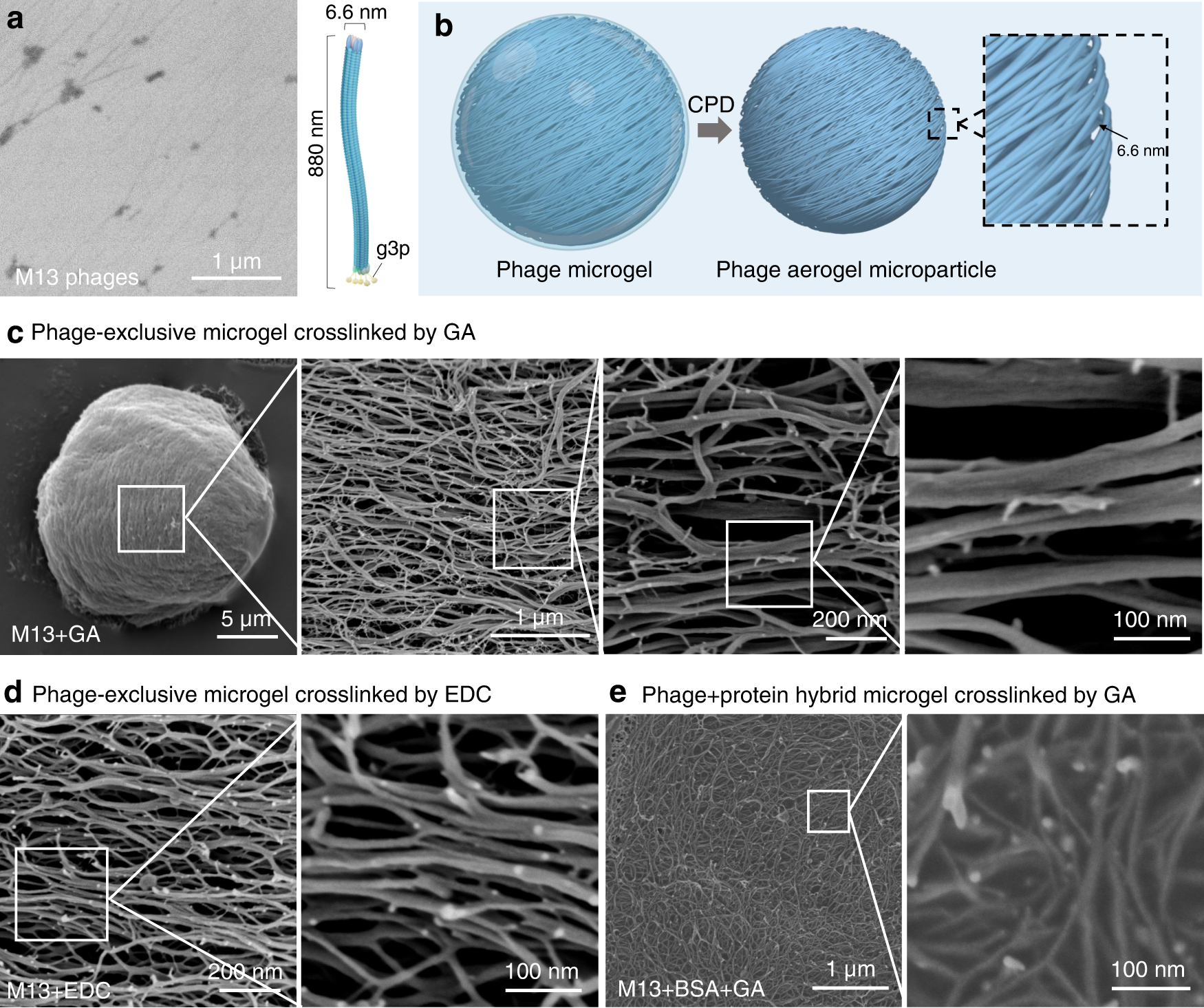Spray uses virus-filled microbeads to kill harmful bacteria on food
Date: 5.12.2022
While it would be great if there were a simple method of eradicating all the harmful bacteria present on food, dousing that food in antibiotics certainly wouldn't be the way to go. A new spray, however, uses food-safe viruses that kill such bacteria.
 Developed by scientists at Canada's McMaster University, the spray consists of microgel beads of viruses known as bacteriophages. Although the latter are harmless to humans, they kill and eat bacteria. And importantly, certain bacteriophages prey on certain types of bacteria – they don't just indiscriminately kill all bacteria, harmful and beneficial alike.
Developed by scientists at Canada's McMaster University, the spray consists of microgel beads of viruses known as bacteriophages. Although the latter are harmless to humans, they kill and eat bacteria. And importantly, certain bacteriophages prey on certain types of bacteria – they don't just indiscriminately kill all bacteria, harmful and beneficial alike.
Building upon previous research by the same group, the process for producing the beads begins with the creation of a liquid solution made up of bacteriophages and a crosslinking organic compound called glutaraldehyde.
Each bead is about 20 microns wide, and contains approximately half a million bacteriophages. In this collective form, the viruses are considerably more robust than they would be on their own.
In lab tests, the bead spray thoroughly eradicated E. coli bacteria on tainted lettuce and meat within nine hours of application. The scientists state that if other types of bacteriophages were used, the spray could also kill harmful bacteria such as Salmonella and Listeria.
It is hoped that the spray could ultimately be utilized when processing and packaging foods, or even when growing fresh produce. The technology could additionally have medical applications, being used to kill bacteria in infected wounds.
Image source: Tian et al. (2022), Nature Communications.























